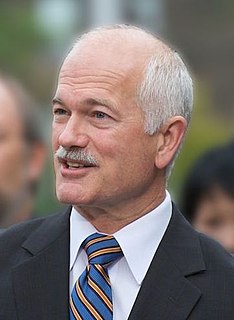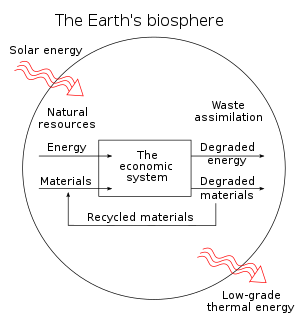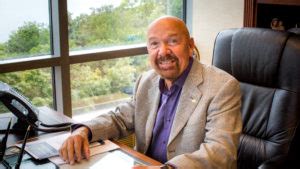A Quote by Scott Gottlieb
Gene therapies and other treatments that can cure - not just treat - disease are going to be expensive. All of the cost of innovating and reaping an economic return may need to be recouped in a single payment.
Related Quotes
Though social eugenics was discredited long ago, we still often think of the genome in quasi-eugenic terms. When we read about the latest discovery of a link between a gene and a disease, we imagine that we've learned the cause of the disease, and we may even think we'll get a cure by fixing the gene.
HIV/AIDS from converted from a lethal disease into a chronic disease because basic scientists' fundamental research was done that illuminated aspects of that virus and allowed the generation of therapies like antiretroviral therapies. And so now HIV/AIDS is not a lethal disease, it is a chronic disease.
Not wasting energy. It is the least sexy, but the single most important and always the least expensive. You would be very interested in a report by the McKinsey consulting firm that concluded that 40 percent of everything that we have to do to mitigate our emissions are net economic winners. They are cost effective and the most cost effective is not wasting energy. That's actually going to be the largest part of this whole journey, I believe - using less energy with the same beneficial results.
I think integrative medicine, something I've pioneered, is the way of the future. Its great promise is that it can reduce healthcare costs by shifting the whole focus of healthcare away from disease management to health promotion and prevention. They can do that two ways: first, by focusing attention on lifestyle medicine, which is very deficient. And second, by bringing into the mainstream treatments that are lower cost because they are not dependent on expensive technology.
In truth , mankind cannot be saved from without, by schoolmasters or any other sort of masters: it can only be lamed and enslaved by them. It is said that if you wash a cat it will never again wash itself. This may or may not be true : what is certain is that if you teach a man anything he will never learn it; and if you cure him of a disease he will be unable to cure himself the next time it attacks him.
































